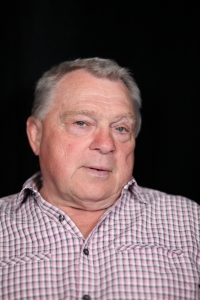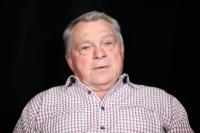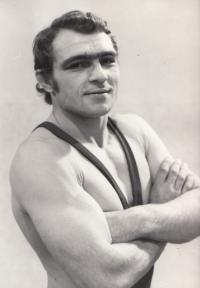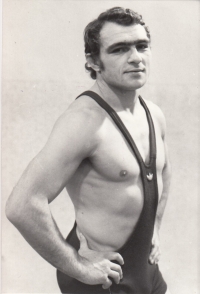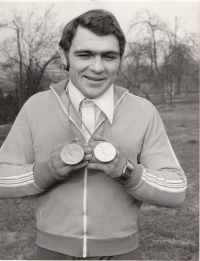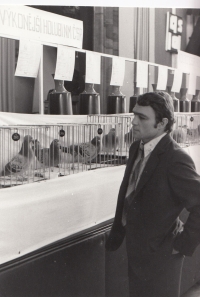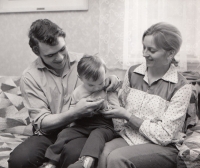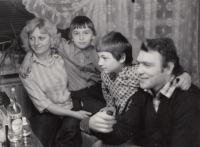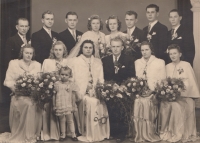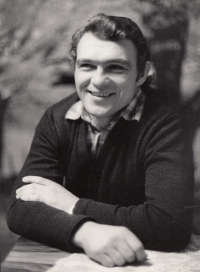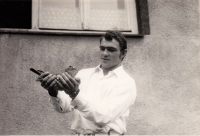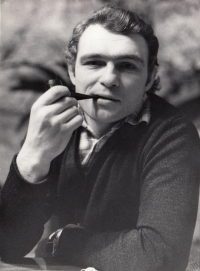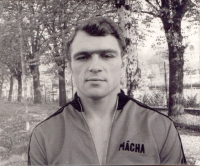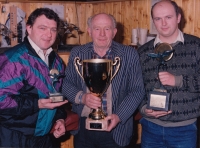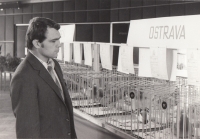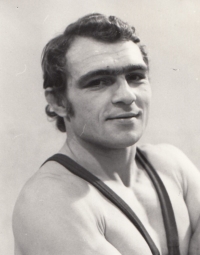Comparing the power is in our genes as we are guys. I wanted to be the best

Download image
Vítězslav Mácha was born on April 6, 1948 in Krmelín near Ostrava into the family of Jan and Anna Mácha, who worked as workers in the Vítkovice Ironworks. He has a brother Mojmír, who is 16 years younger. He has been talented in sports since his childhood. He devoted himself to Greco-Roman wrestling under the leadership of Kamil Odehnal, who coached him until the end of Vítězslav’s sports career at the age of 32. At the age of 16, Vítězslav won the title of champion of the republic in Greco-Roman wrestling and freestyle for the youth. He also won the Olympics in Munich, and four years later he won the silver medal in Montreal. He won the world title twice, in 1974 in Katowice and in 1977 in Gothenburg. After the end of his active racing career, he coached the national team. In 2007, he was inducted into the Sports Hall of Fame of the Moravian-Silesian Region. He lives with his family in Krmelín, where he and his younger brother Mojmír breed racing carrier pigeons.
